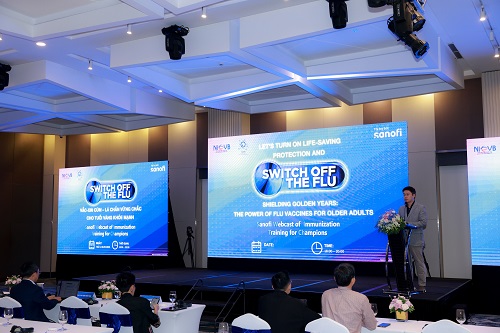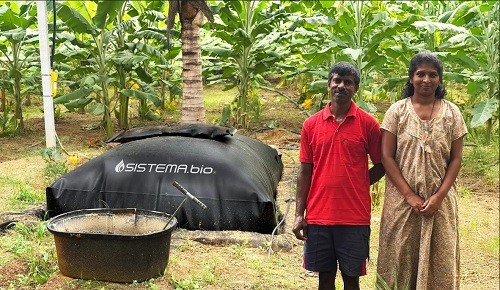Lockdown No Solution, Says Punjab Cm, Orders 6 Worst-Hit Districts To Tighten Micro Containment & Ensure 100% Testing

LOCKDOWN NO SOLUTION, SAYS PUNJAB CM, ORDERS 6 WORST-HIT DISTRICTS TO TIGHTEN MICRO CONTAINMENT & ENSURE 100% TESTING
ASKS DCs TO ENFORCE ALL CURBS STRICTLY, STOP DINE-IN IN HIGH POSITIVITY AREAS
ORDERS SETTING UP OF TEMPORARY HOSPITALS, URGES INDUSTRY TO TAKE CARE OF OWN MILD-MODERATE CASES
DIRECTS CS TO LOOK AT BRINGING IN RETD DOCTORS/NURSES & FINAL YEAR MBBS STUDENTS TO FIGHT BATTLE
Chandigarh, April 30:
Ruling out a complete lockdown for now, Punjab Chief Minister Captain Amarinder Singh on Friday directed the DCs of the six worst-affected districts to further tighten the micro-containment strategy and ensure 100% testing.
Lockdown is not a solution, as it will lead to exodus of the labourers and force them to go to states with even lesser medical facilities, said Captain Amarinder, directing the district administrations to enforce all restrictions strictly and to stop dine-in facility in all high positivity areas, with Covid testing of staff in restaurants by the Health Department.
Urging the industry to set up their own Covid treatment centres and makeshift hospitals to treat their own labourers suffering from mild/moderate infection, he stressed on teamwork to fight the Covid battle. He also directed the Chief Secretary to look into encouraging retired doctors and nurses, along with final year MBBS students, to rejoin for handling L2/L3 facilities, and suggested setting up of temporary healthcare facilities in halls/gymnasiums etc.
The Chief Minister was chairing a virtual emergency meeting to review the Covid situation in the six worst hit districts of Ludhiana, SAS Nagar (Mohali), Jalandhar, Bathinda, Patiala and Amritsar.
Expressing concern over the fewer number of containment zones in Mohali and two other districts that were among the most badly hit six districts, the Chief Minister ordered immediate steps to strengthen the containment and testing mechanism. Micro-containment strategy must be strictly implemented and encouraged, he said, directing all district officers to give this their highest priority to control the spread.
Even as he appreciated the good work being done by the officers despite these challenging times, the Chief Minister expressed concern over the fact that 14 districts in the state currently had over 10% positivity rate, while 5 had more than 60% bed occupancy.
A prefab 100 bedded hospital will come up at Mohali and a 250 bedded temporary hospital is being set up near the Bathinda refinery, with Oxygen supply from the refinery, he said, urging all departments to be prepared for the peak and identify areas in the various districts for establishment of temporary hospitals. While the occupancy at level 2 is still manageable, but the occupancy in Level 3 has already reached 82 %. An additional 2000 beds are being added in Punjab with 600 beds being added at the GMCH Patiala, and Amritsar, he noted.
Taking note of the shortage of Fateh Kits, mainly on account of lack of Oxymeters, he acceded to the Chief Secretary’s suggestion to request recovered patients to return their Oxymeters for use in kits after proper sanitisation.
Dr KK Talwar, who heads the Covid expert group advising the state government, said all hospitals had been provided detailed guidelines to check Oxygen wastage. Further, patients who are recovering well are being shifted to L2 to free L3 beds made available, he said.
Chief Secretary Vini Mahajan said the Punjab University, Chandigarh, had been advised not to hold senate elections at present in view of the grave situation.
Earlier, Health Secretary Hussan Lal, in a brief presentation, pointed to the rising positivity and case fatality ratio, and disclosed that the Punjab positivity rate currently stood at 12, with SAS Nagar (Mohali) district reporting the highest at 22.9.
Amritsar DC and Police Commissioner Sukhchain Gill raised concerns over the Oxygen crisis, which needed firefighting every day through emergency supplies from other districts via green corridors. Oxygen audits were being done in both government and private hospitals, they said. With 196 of the 200 L3 beds in government hospitals occupied, the district had added 30 more beds. Four containment and 32 micro containment zones were in place in the district and steps were being taken to scale up contact tracing. Medical Education Minister OP Soni informed the meeting that OPDs in all medical colleges in Amritsar had been closed and staff diverted to Covid duty.
Bathinda DC said to supplement the district administration’s efforts, a 25-bedded temporary hospital was being set up at Bhatinda refinery, with oxygen supply from the refinery.
Ludhiana DC Virendra Kumar said the defunct Oxygen unit at Vardhman mills had been revived, and so had been another. The district, with positivity standing at 16% as of April 30, was getting a large number of patients from other places, including several from Delhi and Gurgaon, he said. There are currently 2 containment and 8 micro containment zones in the district. Ludhiana CP said while 27 police personnel had been infected in this week, none of them were serious as they had all been vaccinated.
The meeting was informed that Oxygen audits had led to reduction in demand in Patiala district, where the containment areas had been increased and 100% testing was being done in such zones. More beds had been added at both L2 and L3 levels in the district.
The worst-affected Mohali district was currently showing 90% bed occupancy, the meeting was informed, with DC Girish Dayalan disclosing that a large number of patients had come from Delhi-NCR. With other regions in the tri-city not agreeing to a weekend lockdown, the situation was grim, he said.
Also See:






